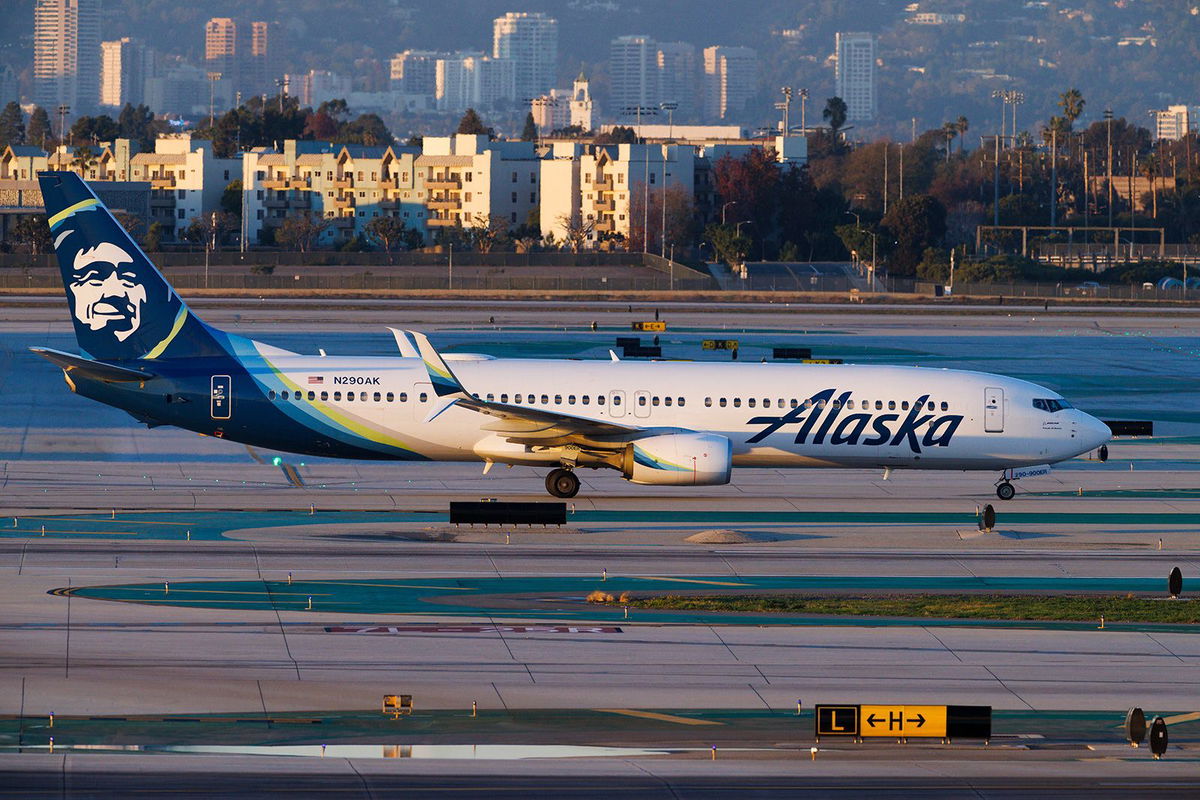FAA announces new pilot mental health committee ahead of NTSB summit

The FAA convened a committee that could suggest changes to pilot mental health rules after an Alaska Airlines pilot's alleged attempt to shut off engines mid-flight in October.
By Pete Muntean, CNN
(CNN) — The Federal Aviation Administration announced a special committee Tuesday that could suggest changes to pilot mental health rules.
The announcement comes one day before the first National Transportation Safety Board summit on the stigma – where pilots with easily treatable mental health issues go without any help at all – that has dogged the FAA.
The FAA says the new Mental Health Aviation Rulemaking Committee will “provide recommendations to the FAA on ways to identify and break down any remaining barriers that discourage pilots from reporting and seeking care for mental health issues.”
Wednesday’s NTSB roundtable will bring together experts from the fields of aviation and medicine. NTSB Chair Jennifer Homendy announced the summit first to CNN, calling the FAA’s system of certifying pilots “arcane.”
Homendy told CNN in October the FAA has “set up a situation where people are ashamed — or silenced — into not seeking help.”
The issue of pilot mental health was thrust into the spotlight in October when off-duty pilot Joseph Emerson was charged with trying to crash an Alaska Airlines flight from inside the cockpit. Immediately following the incident, Emerson told police he had not slept in 40 hours, recently experimented with “magic mushrooms,” and had been depressed for months, if not years.
Emerson, a 44-year-old captain, was riding off-duty in the cockpit jump seat between Seattle and San Francisco when, according to court documents, Emerson said “I’m not okay” and pulled both of the Embraer 175’s engine fire extinguisher handles, which — if not for the crew’s quick intervention — would have turned the 24-ton jet into an engineless glider.
Emerson last month told The New York Times he took the mushrooms two days before the flight during a weekend getaway to commemorate the death of his best friend.
On the day of the flight, which departed from Everett, Washington, his dreamlike state persisted aboard the plane, Emerson told the Times from a visitation room at the county jail in Portland, Oregon. He texted a friend who dropped him off at the airport he was “having a panic attack.”
Emerson was indicted on one count of endangering aircraft in the first degree and 83 counts of recklessly endangering another person – one for each person aboard the aircraft, the Multnomah County District Attorney’s Office in Oregon said Tuesday. He is to be arraigned Friday.
In a statement, Emerson’s defense team, Levi Merrithew Horst PC, said their client “never intended to hurt another person or put anyone at risk – he just wanted to return home to his wife and children.”
“Captain Emerson had no criminal intent, and we look forward to being able to present a fulsome defense at trial and bring forth all the facts and circumstances to a jury,” the statement said.
Without a medical examination and certificate from the FAA, pilots are grounded. Commercial airline pilots are required to hold what’s called a first class medical certificate, which mandates a visit to an FAA-designated doctor, known as an aviation medical examiner, every 12 months for pilots 40 years old and younger.
Older pilots are required to get an examination every six months. On exam forms submitted to the FAA, pilots are required to self-disclose “mental disorders of any sort; depression, anxiety, etc.”
The FAA says it will “revoke a pilot’s medical certificate if it becomes aware of significant mental health issues.” Pilots found lying to the FAA face a potential of five years in prison and a $250,000 fine.
The result, according to research from the University of North Dakota, is more than half of pilots avoid seeking health care of some type because of concerns about losing their medical certficiate. Neurologist and researcher Dr. William Hoffman in October credited the FAA with developing the structure that has made commercial aviation in the United States “exceptionally safe.” He said now the question is how to maintain its safety record while simultaneously changing the approach to mental health.
Homendy, the government’s top aviation safety advocate, has added her voice to the growing calls for change, acknowledging that the current rules have created a stigma among pilots, with some even fearing to see a therapist.
The FAA says the new committee must submit recommendations by the end of March. The committee “will also consider the same issues for FAA air traffic controllers” as the agency is scrambling to fix air traffic control staffing issues.
The-CNN-Wire
™ & © 2023 Cable News Network, Inc., a Warner Bros. Discovery Company. All rights reserved.